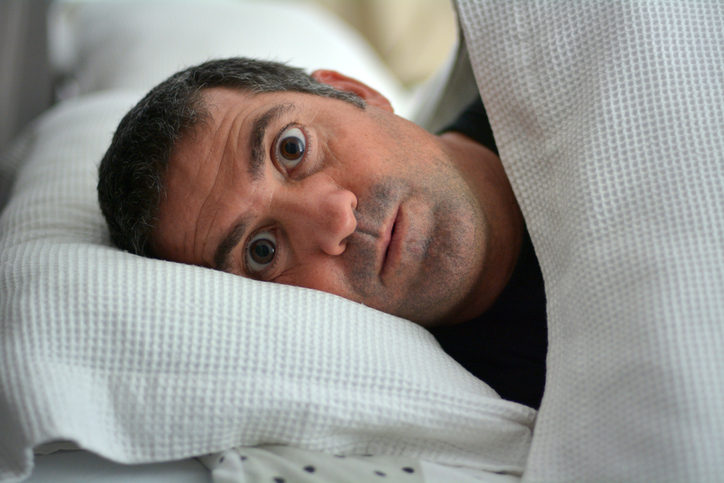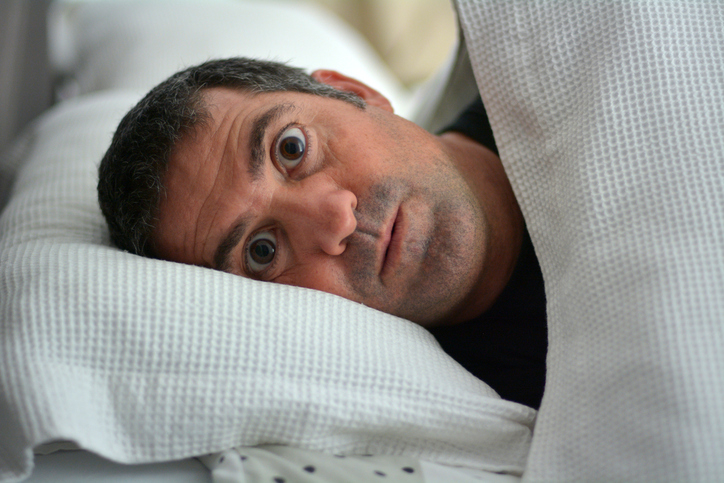How did you sleep last night? Let’s take a moment to reflect on the importance of sleep, the science of sleep…and all of the many ways that sleep doesn’t come so easily for a lot of people.
Exploding Head Syndrome
This hyperbolically named condition affects sleepers right as they’re falling asleep or who have just fallen asleep. They jerk awake because of extremely loud sounds that “explode” in the head—slamming doors, gunshots, or, you know, explosions. However, they’re not real, merely auditory hallucinations that are sometimes coupled with bright flashes of light (which are also created by the brain).
Kleine-Levin Syndrome
Just about everybody could use (or just wants) a few extra hours of sleep every now and then. The extreme version of that is Kleine-Levin Syndrome. This condition, also known as “Sleeping Beauty Syndrome” affects primarily young men in their teen years and it manifests as the powerful need to sleep for up to 23 hours a day for up to three weeks at a time.
R.E.M. Sleep Behavior Disorder
While the brain dreams during sleep, the body mostly understands that what’s playing out in dreamland isn’t going on in reality. In other words, the body remains still while the brain dreams. But not for those with R.E.M. (Rapid Eye Movement) Sleep Behavior disorder. The body reacts physically to dreams, including yelling, punching, thrashing, and even jumping out of bed and running around the room.
Non-24-Hour Sleep-Wake Syndrome
If you’re like most people, you have an internal, natural “body clock” that reflects the patterns of the 24-hour day. That means you’re awake when it’s light out, and asleep when it’s dark. People with this rare syndrome—which affects the blind more often than the sighted—have a non-traditional body clock. Instead of being on a 24-hour cycle, the patient might be on a 72-hour cycle, which means they’re awake for 48 hours straight…and then sleep for the next 24 hours.









